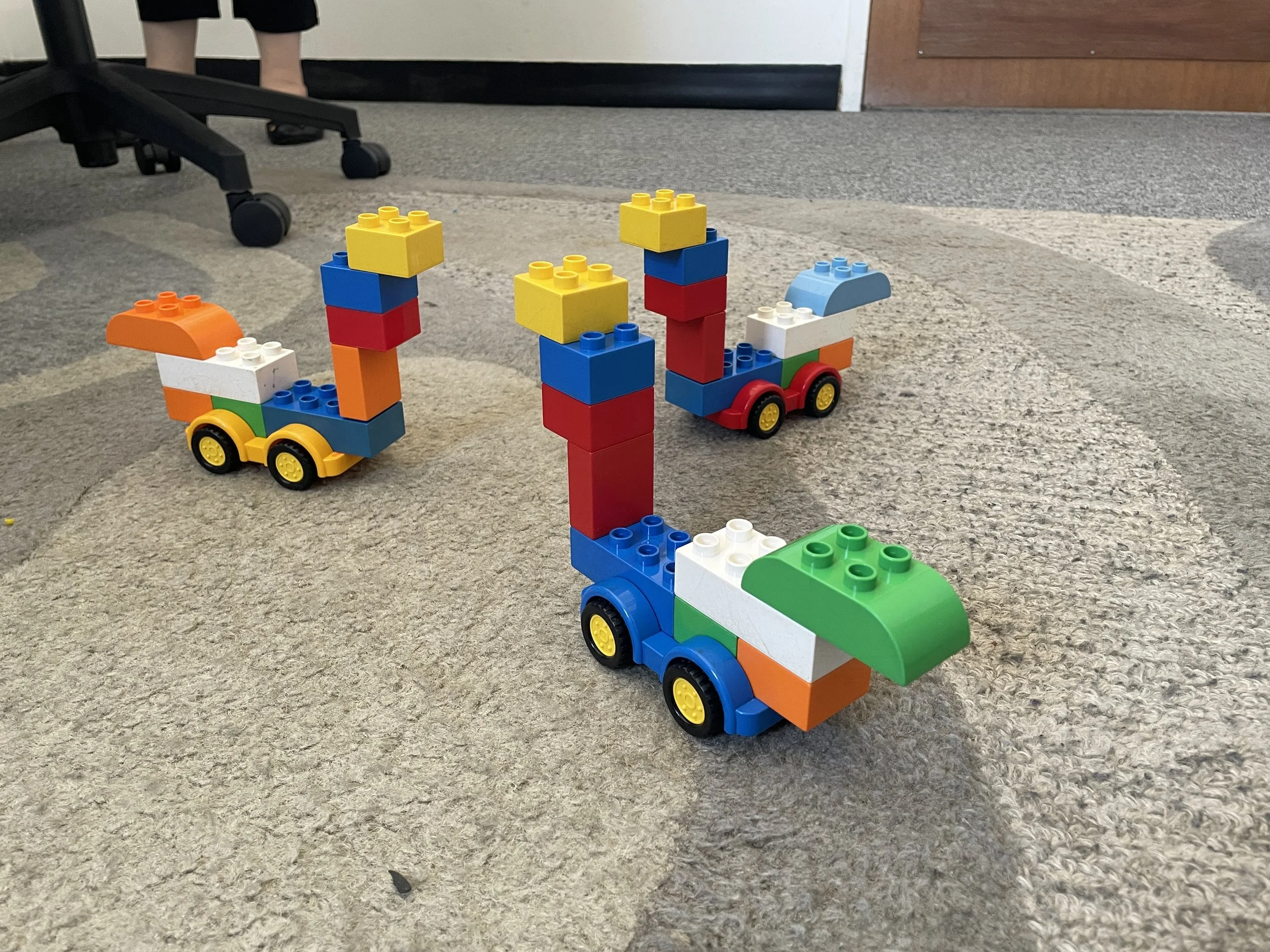What to expect in the first few sessions…
We know that starting speech therapy can feel like a big step, and you might be wondering what your first sessions will look like. We’re here to make it a comfortable, positive experience for both you and your child. Here’s a little insight into what to expect.
1. Getting to Know Each Other
In our very first session, we focus on getting to know you and your child. We’ll start by going over the information you’ve already shared and discussing any additional questions that might come up. Every family has unique concerns and goals, and we want to be sure we’re on the same page from the start.
We often record the first conversations we have, which helps us make sure we don’t miss any important information.
2. Tailoring the Approach to Your Child’s Age and Needs
Each session is personalised to fit the child’s age, personality, and needs. For younger kids, we spend some time playing and exploring. This gives us a natural language sample and helps us observe their attention span, communication style, and comfort level. Play also helps us build a connection—it’s not just about assessment but creating a space where your child feels safe and engaged.
With younger children, you might see us doing playful activities together. If your child is comfortable, we may try a few speech tasks to get a more formal sample, but only if they’re ready.
For older children, the first session may look a bit different. Sometimes, if we already know what specific skills need assessment, we can jump right in. Other times, we go more gently, starting with discussions and setting goals based on what parents have observed at home. We know that “one-size-fits-all” doesn’t work here—so we adapt our approach to your child’s comfort level.
3. Defining Goals Together
At Think Play Say, we’re big believers in tailoring our goals and strategies to what each family needs. Some kids thrive with structured assessments; for others, a more relaxed, exploratory approach works best. Sometimes, we can set goals right away based on the parent’s perspective and see where that takes us. Other times, we’ll need to try out different activities to find out where your child is at. If we need to avoid standardised tests to keep the experience positive, we’re happy to do that too.
4. Preparing for Group Sessions (If Applicable)
If your child is joining a group program, there might be a little more structure in the early sessions. We may do a quick pre-assessment to help us set group goals and ensure each child gets the most out of the sessions. This helps us organize the group to match each child’s abilities and needs.
Final Thoughts
Every first session is a little different because every child and family is unique. Our goal is to make this journey supportive and fun, building a solid foundation for progress. So, whether we’re sitting on the floor with toys or diving into an assessment, know that we’re here to help your child feel comfortable and confident.


